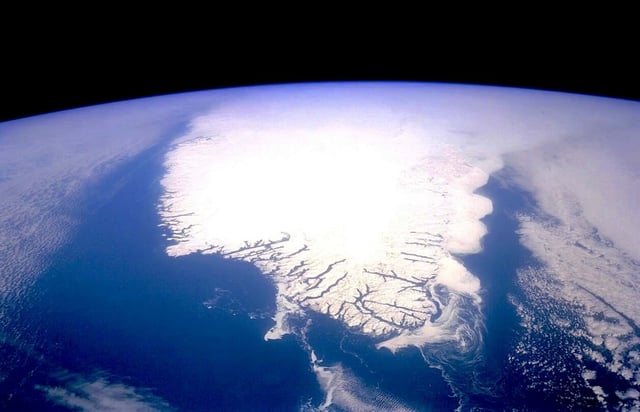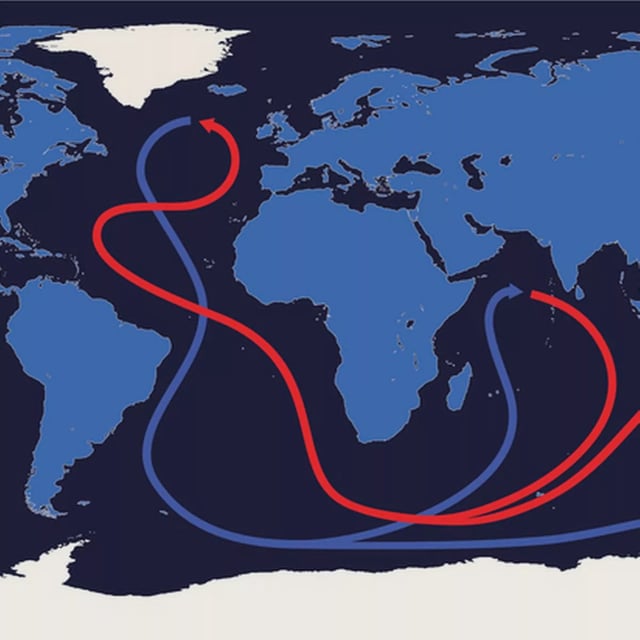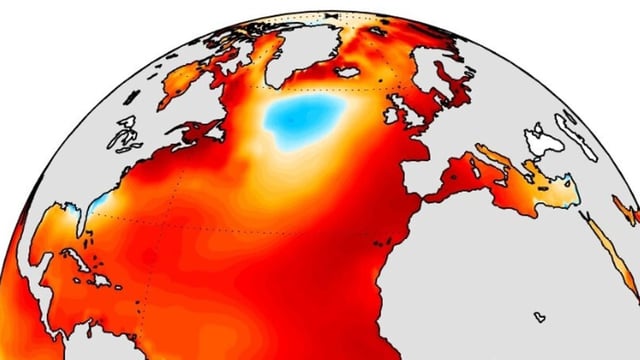Overview
- UCR researchers led by Wei Liu and Kai-Yuan Li reconstructed AMOC shifts using 100 years of ocean salinity-temperature data.
- Only climate model simulations featuring a weakened AMOC matched the observed cold anomaly south of Greenland.
- The slowdown is freshening polar waters, a change that could disrupt marine ecosystems and alter ocean dynamics.
- The findings challenge aerosol-based models, as scenarios with declining emissions failed to reproduce the cooling.
- Experts warn that continued greenhouse gas emissions may further weaken the AMOC, threatening shifts in European weather, sea levels and extreme events.


